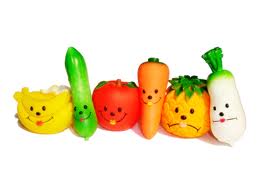December 4-10 is National
Handwashing Awareness Week
According to the Centers for Disease Control, "the most important thing you can do to keep from getting sick is to wash you hands."
You can prevent illness and the flu by washing your hands. It only takes 20 seconds using warm soapy water.
There are so many reasons to wash your hands, but as we enter flu season, it's a good thing to remember that infectious diseases enter through the mucus membranes of your body--your ear, nose, or mouth. That's a good reason to keep them clean. So wash them frequently!
According to Henry the Hand at
http://www.henrythehand.com/
The 4 Principles of Hand Awareness
1. Wash your hands when they are dirty and BEFORE eating
2. DO NOT cough into your hands
3. DO NOT sneeze into your hands
4. Above all, DO NOT put your fingers into your eyes, nose or mouth
The American Dietetic Association
http://www.eatright.org/Public/content.aspx?id=6442466766
makes the following recommendations:
Always wash your hands:
- After using the bathroom, changing diapers, cleaning up after pets, or handling money
- Before and after eating
- Before, during and after preparing food
- Frequently when sick, sneezing or coughing
- After touching garbage
- Before and after caring for someone who is sick
Wash often and stay healthy!








